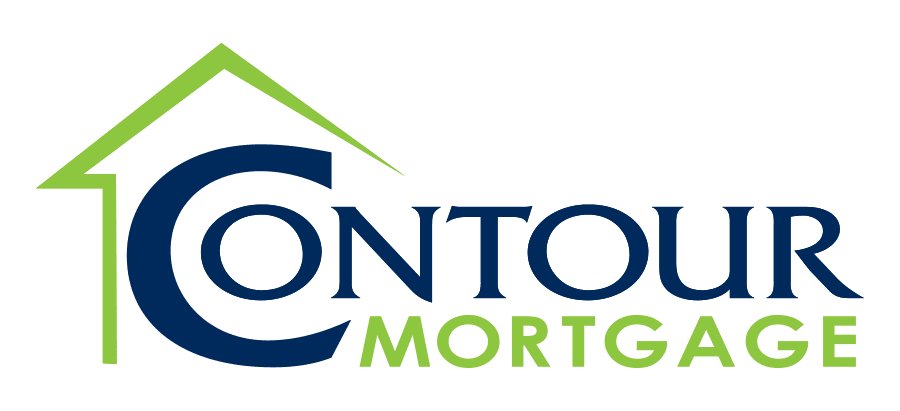Commercial mortgage loans are a great way to secure business real estate. But, like any other type of loan, you should be aware of certain rates that may apply and all qualifications that you must meet.
Commercial vs. Residential Loans
First, let’s go over the difference between a commercial loan and a residential loan.
People inquiring about commercial loans aren’t going to use that money for their main residence, but rather for an office space, a warehouse, or any other type of owner-occupied commercial property.
Depending on the terms of the commercial loan, you can use the money for different aspects of your business. For instance, a commercial real estate loan would ease concerns about purchasing or refinancing a piece of property, like those mentioned above. But you may also qualify for a commercial loan that provides you capital specifically for investing back into your business, such as buying inventory or new equipment.
A residential loan, on the other hand, refers to money you borrow from a bank or a mortgage lender so you can afford to buy a piece of property that you want to live in, whether full-time or part-time (such as a vacation home). Similar to commercial loans, some residential loans are geared not just for purchasing a property, but for refinancing or paying for renovations, like a 203k rehab loan.
Commercial Mortgage Rates
Commercial loan rates vary depending on the terms (i.e., 3-year fixed, 5-year fixed, etc.). But these rates fluctuate regularly. So, if you’re looking to secure a commercial loan, you should keep an eye on the rate patterns. Learning when to lock in your mortgage rate is an important step in securing a loan.
Commercial Mortgage Loan Requirements
There are several documents you need when you apply for a mortgage loan. But the requirements vary depending on the type of loan. The paperwork and information necessary to obtain a residential loan isn’t going to be the same for a commercial loan, but often their requirements can overlap.
Some documentation you need for a commercial mortgage loan include:
• Tax Returns
• Recent Profit and Loss Statements
• Credit Report
• Financial Statements
• Commercial Appraisal Report
• Any Outstanding Debt
Be sure to contact several reliable mortgage lenders in order to learn more.
















